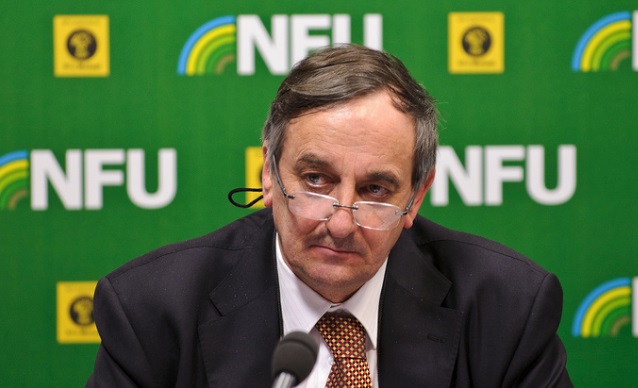
UK nature is in trouble according to a report published today by a coalition of leading conservation and research organisations. Scientists working side-by-side from 25 wildlife organisations have compiled a stock take of the UK's native species. The report reveals that 60% of the species studied have declined over recent decades. More than one in ten of all the species assessed are under threat of disappearing from our shores altogether.
Sir David Attenborough said: "This groundbreaking report is a stark warning – but it is also a sign of hope.
"For 60 years I have travelled the world exploring the wonders of nature and sharing that wonder with the public. But as a boy my first inspiration came from discovering the UK’s own wildlife.
"Our islands have a rich diversity of habitats which support some truly amazing plants and animals. We should all be proud of the beauty we find on our own doorstep; from bluebells carpeting woodland floors and delicately patterned fritillary butterflies, to the graceful basking shark and the majestic golden eagle soaring over the Scottish mountains.
"This report shows that our species are in trouble, with many declining at a worrying rate. However, we have in this country a network of passionate conservation groups supported by millions of people who love wildlife. The experts have come together today to highlight the amazing nature we have around us and to ensure that it remains here for generations to come.”
The National Farmers' Union said farming was a positive force for the environment and makes a significant contribution to the countryside and British wildlife.
Farmers support for initiatives such as the industry-led voluntary Campaign for the Farmed Environment and Defra’s stewardship schemes provide an extremely positive basis in which wildlife can thrive.
Farmers are also managing their environmental footprint, for example we’ve reduced pesticide pollution by up to a third in sensitive water catchment and greenhouse gas emissions from agriculture have declined by 19 per cent since 1990.
NFU Deputy President Meurig Raymond said: “No farmer will welcome news that wildlife populations are deteriorating. Indeed, many farmers and visitors to the countryside will be surprised about the report’s findings given the huge effort farmers now place on managing the environment.
“For example our work with the RSPB and other conservation bodies on the Campaign for the Farmed Environment has brought over 200,000 hectares of land into positive conservation management since 2009. This in addition to over 50,000 agreements farmers have in the Government’s environmental stewardship.
“The State of Nature reports that wildlife populations have changed significantly over the last 50 years. But no area of our economy or society has stood still over this same time period, and farming and the countryside are no different. Urbanisation, climate change and changing land use have all had their impact as the report argues. The challenge the report offers is to find ways in which farming can continue to produce high quality British food, be a positive force in the countryside and support the nation’s wildlife.”
Dr Mark Eaton, a lead author on the report, said: “This report reveals that the UK’s nature is in trouble - overall we are losing wildlife at an alarming rate.
“These declines are happening across all countries and UK Overseas Territories, habitats and species groups, although it is probably greatest amongst insects, such as our moths, butterflies and beetles. Other once common species like the lesser spotted woodpecker, barbastelle bat and hedgehog are vanishing before our eyes.
“Reliable data on these species goes back just fifty years, at most, but we know that there has been a historical pattern of loss in the UK going back even further. Threats including sweeping habitat loss, changes to the way we manage our countryside, and the more recent impact of climate change, have had a major impact on our wildlife, and they are not going away.
“None of this work would have been possible without the army of volunteer wildlife enthusiasts who spend their spare time surveying species and recording their findings. Our knowledge of nature in the UK would be significantly poorer without these unsung heroes. And that knowledge is the most essential tool that conservationists have.”
